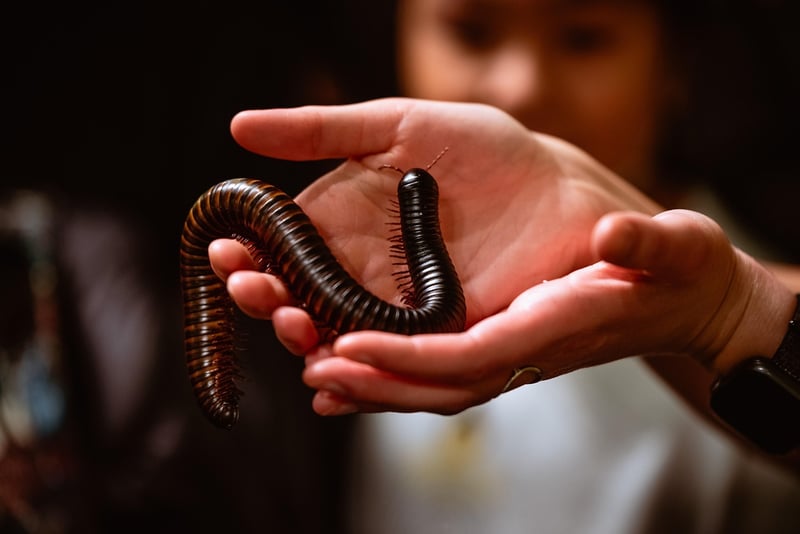Preventative Measures
Managing Garden Pests Organically + Preventative Measures
Introduction
Keeping your garden pest-free without harming the environment can be achieved through organic pest management practices. By incorporating preventative measures and natural solutions, you can maintain a healthy garden ecosystem. This guide will provide you with insights on managing garden pests organically and implementing preventive strategies.
Identifying Common Garden Pests
Before implementing pest management strategies, it's crucial to identify common garden pests. Some of the most prevalent pests include aphids, caterpillars, slugs, snails, and beetles. Recognizing these pests will help you choose the most effective control methods.
Organic Pest Management Techniques
- Companion Planting: Planting certain herbs and flowers alongside your vegetables can help repel pests naturally. For example, marigolds deter nematodes, while basil repels mosquitoes and flies.
- Beneficial Insects: Introduce beneficial insects like ladybugs, lacewings, and predatory wasps to prey on harmful pests in your garden.
- Neem Oil: An organic insecticide derived from the neem tree, neem oil is effective against a variety of pests while being safe for beneficial insects.
- Diatomaceous Earth: This natural powder, made from fossilized remains of diatoms, can be sprinkled around plants to deter slugs, beetles, and other crawling insects.
Preventative Measures
Preventing pest infestations is key to maintaining a healthy garden. Here are some preventive measures you can take:
- Crop Rotation: Rotating your crops annually can help disrupt the life cycles of pests, reducing their populations.
- Clean Garden Beds: Remove debris and weeds regularly to eliminate hiding spots for pests.
- Use Mulch: Mulching around plants can help retain moisture and prevent weed growth, reducing the chances of pest infestations.
- Watering Carefully: Avoid overwatering plants, as excess moisture can attract pests like slugs and snails.
Conclusion
By implementing organic pest management techniques and following preventive measures, you can keep your garden healthy and thriving without resorting to harmful chemicals. Remember to observe your garden regularly, as early detection of pests can prevent major infestations. With a little effort and the right approach, you can enjoy a bountiful harvest while promoting a sustainable garden ecosystem.

For more information on organic gardening and pest management, you can visit Organic Gardening.
